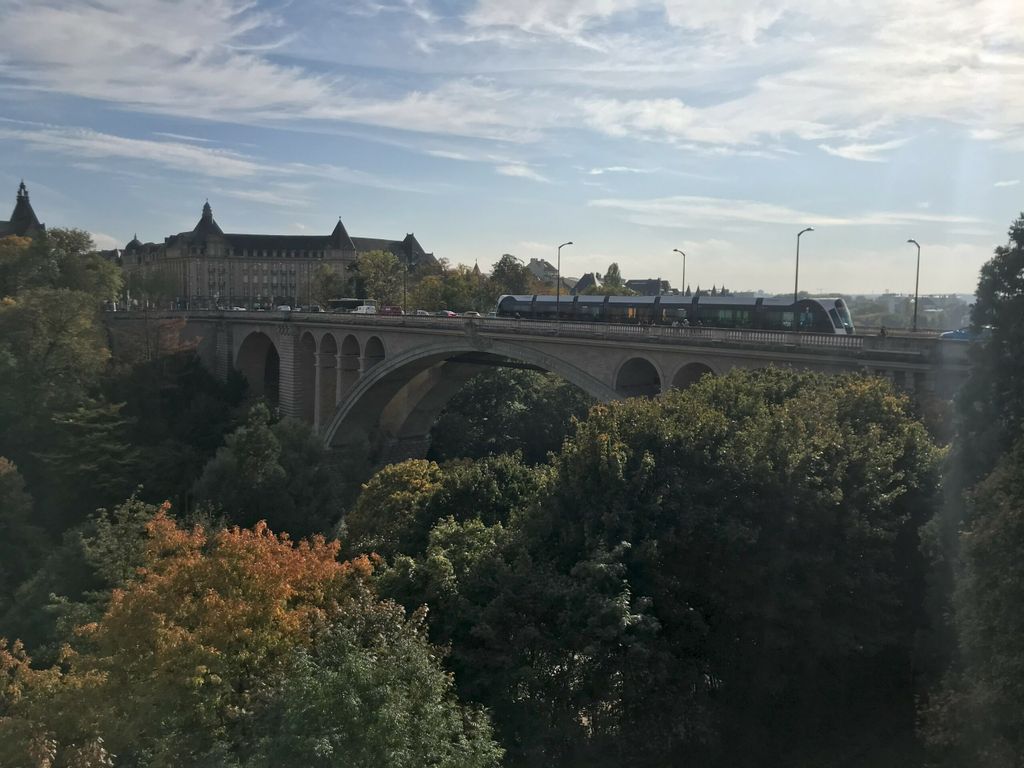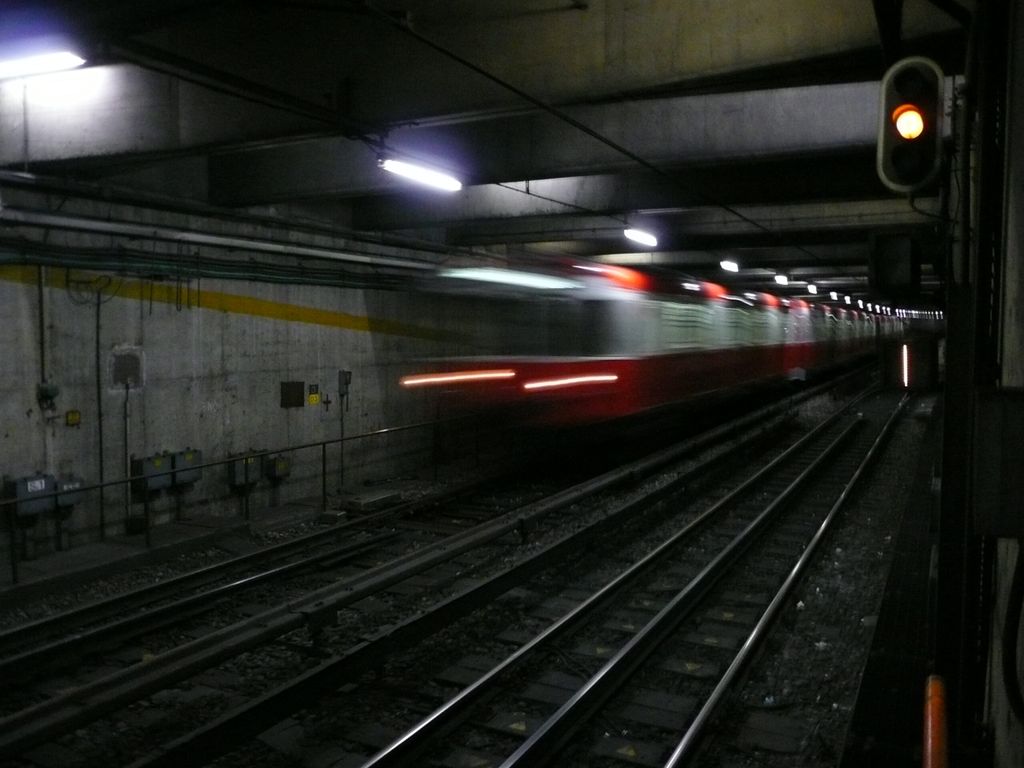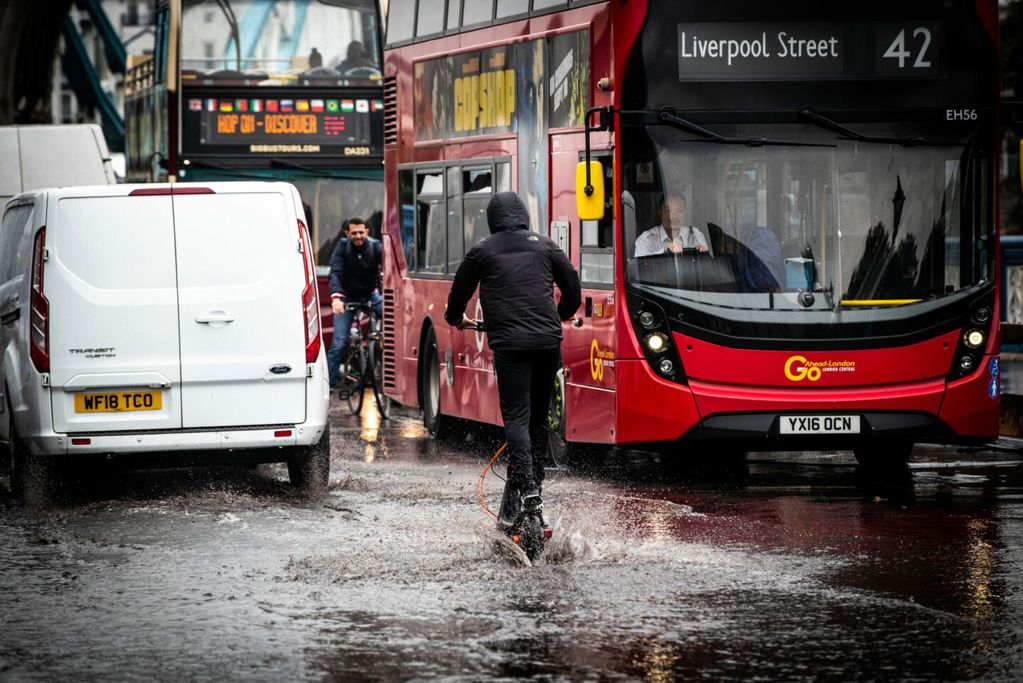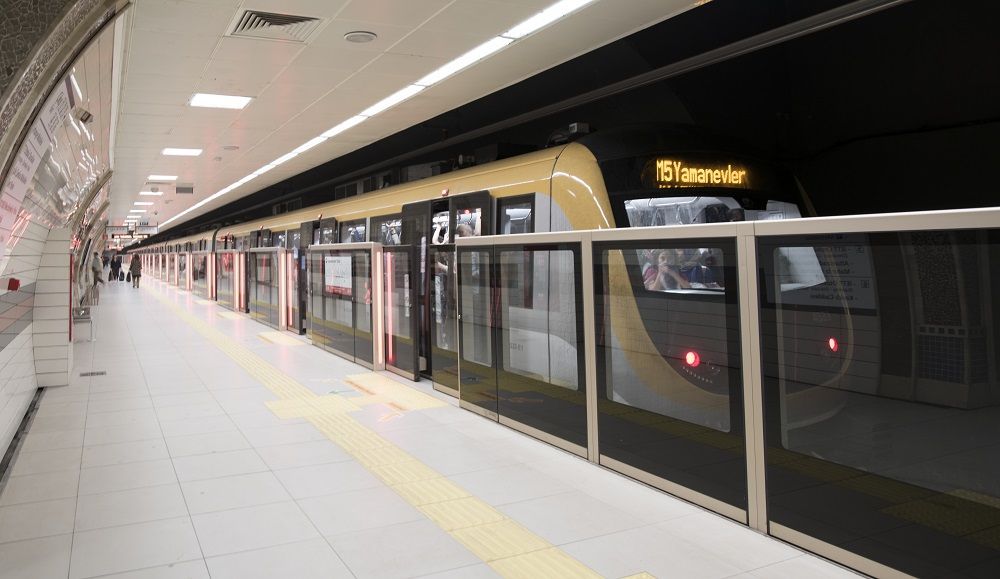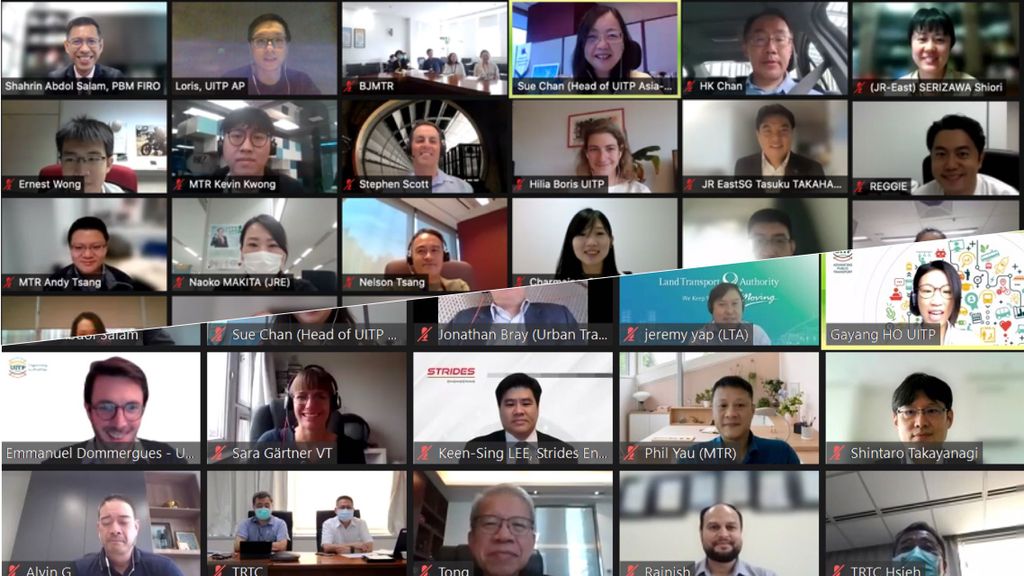
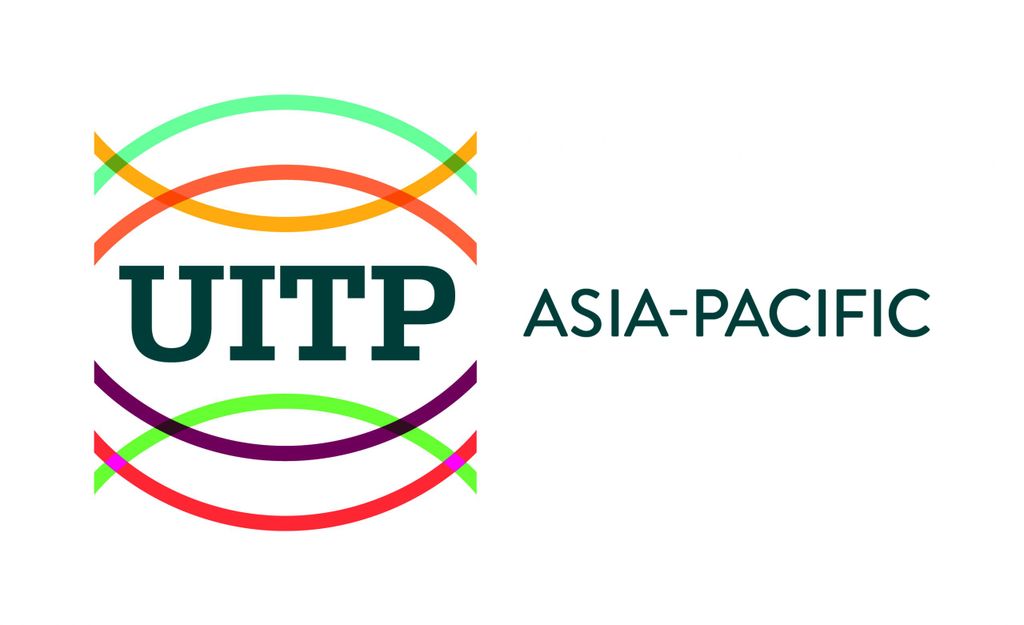
Key Highlights from UITP's Asia-Pacific Urban Rail Platform and Asia-Pacific Organising Authorities Platform meetings
Strategic leadership and collaboration were key topics
The second biannual UITP Asia-Pacific Urban Rail Platform (APURP) and Asia-Pacific Organising Authorities Platform (APOAP) online meetings took place in September 2021. It was a special edition as a joint session was organised for authorities and rail operators from the two platforms to collaborate in knowledge sharing on the topic of ‘digitalisation of public transport’.
In the joint session, members discussed how public transport authorities and operators moved pass the pandemic and into the future through strategic leadership management. They also talked through projects that require collaboration between authorities and operators to improve passengers experience in the digitally empowered future of public transport.
The main focus of APURP meeting was to cultivate the next generation of leaders in the rail industry by facilitating greater networking opportunities with fellow railway professionals, as well as to bring young professionals passionate about the rail industry together.
The members of the APURP presented their thoughts on talent management and shared their organisation’s approach for talent identification, development, and expertise-based deployment.
The APOAP meeting underscored the need to embrace the disruptive technologies in public transport to better prepare for the rapid changing and diverse demands of urban mobility. Speakers emphasised that liveable cities can achieve a more resilient future through a green and sustainable public transport systems. The rise of new mobility services and digital transformation of the public transport systems will make travel more efficient and reliable.
“Liveable cities can achieve a more resilient future through green and sustainable public transport systems.”
The APURP and APOAP meetings concluded on a positive note to infuse young talented professionals in the public transport sector and work collectively to build a sustainable future.
Check out UITP’s Knowledge Brief, with international experiences on how some Organising Authorities members have dealt with the crisis and the key lessons learnt to build back better.
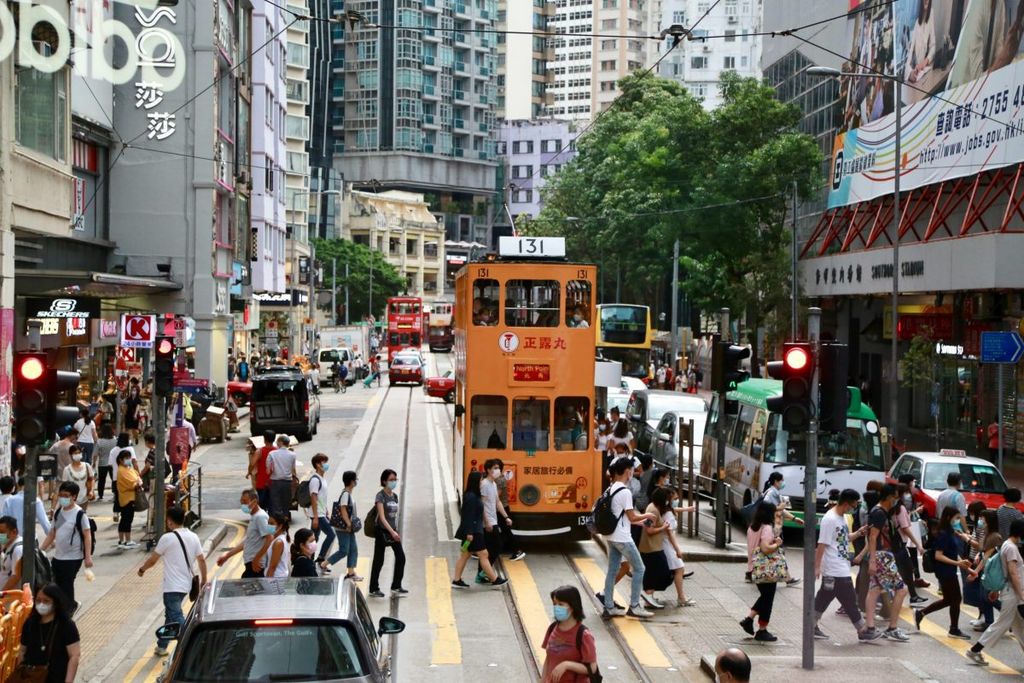
become a member
Membership benefits






